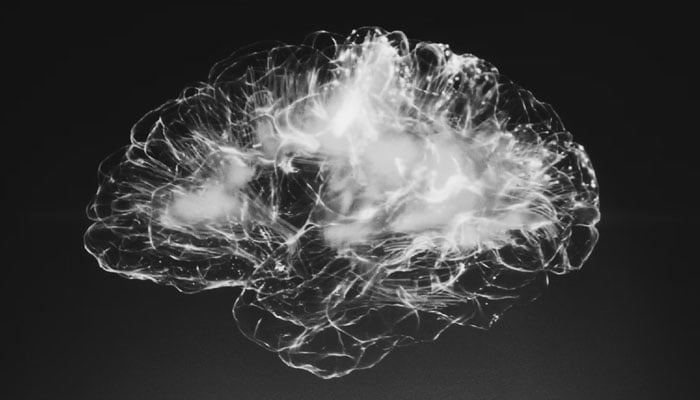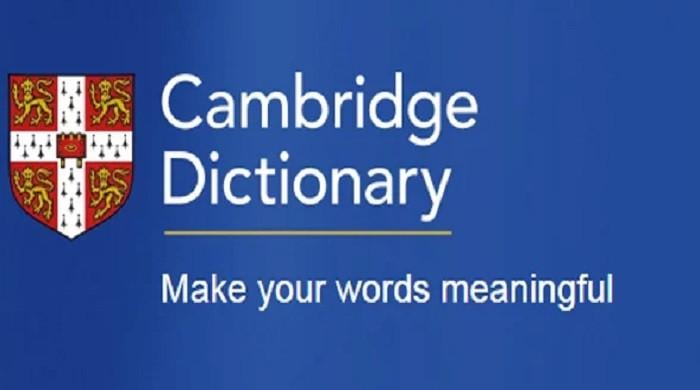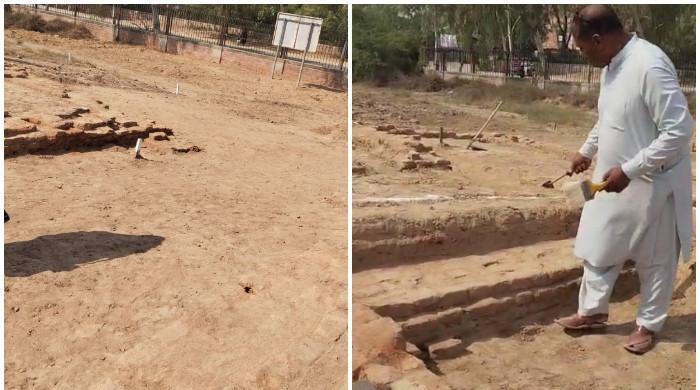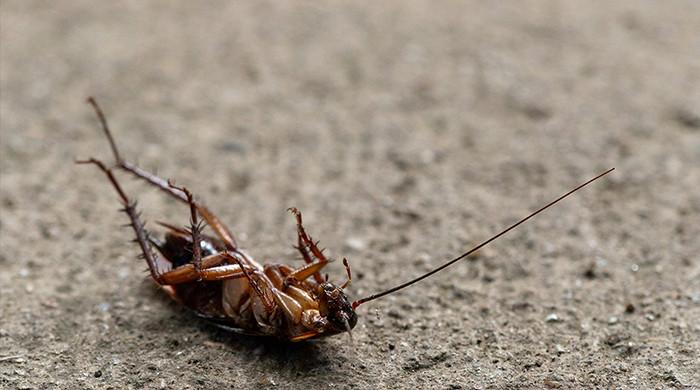'Brain doesn't die with human body'
Researchers reveal that humans may not be brain-dead right after they are declared dead as the brain may live on for a short period of time even after the heart stops
Scientists observed a boost in brain activity in dying patients, which could potentially help demystify mysterious near-death experiences.
Researchers observed an increase in brain activity in dying patients in a recent study published last month.
It's one of the few occasions when scientists have had the chance to observe human brain activity just before and just after "death," Business Insider reported.
According to the researchers, it might provide some insight into the strange occurrences that so many people describe during a near-death experience, such as leaving the body, hovering above it, or seeing flashes of their past lives before their eyes.
"Near-death experiences challenge our fundamental understanding of the dying brain," the researchers reported in the study. Hence, such research is essential for developing a clearer understanding of what people perceive just before they die.
As part of the study, four participants who were comatose and on life support had their families' consent to remove them from it.
Electroencephalogram sensors monitored the patients' brain activity when they entered cardiac arrest at this moment.
According to Smithsonian Magazine, the researchers discovered that two out of four of the dying patients exhibited a surge of gamma waves — the brain activity linked to lucid dreams and hallucinations — long after their hearts had stopped.
The results revealed that people may retain a level of consciousness that can lead to dream-like experiences, Vice reported.
"The discovery of the marked and organised gamma activities in the dying brain suggests that a near-death experience is the product of the dying brain, which is activated at death," the lead author of the study, Jimo Borjigin, told Vice.
"As far as I am concerned, our study may be as good as it will ever get for finding neural signatures of near-death consciousness," Borjigin added.
"The only thing better than this is to have the patients survive to tell the tale that correlates with the detected neural signatures," he continued.
Furthermore, Borjigin aims to collect more data on dying human brains to better understand the death experience.
-
'Who's it?' Late-night doorbell prank mystery ends with bizarre twist
-
When blue met green: Jaybirds create a one-of-a-kind hybrid
-
Australian scientists grapple with 'despicable' butterfly heist
-
Floods from Koh-e-Suleman bring 2,000-year-old coins to Punjab
-
Octopus boom triggers ‘perfect storm’ for Britain’s shellfish trade
-
Cambridge can’t escape ‘skibidi’ as Gen Z slang adds 6,000 fresh entries
-
Italian Brainrot: The AI memes only kids know
-
Nasa's Curiosity rover discovers coral-like rock on Mars












